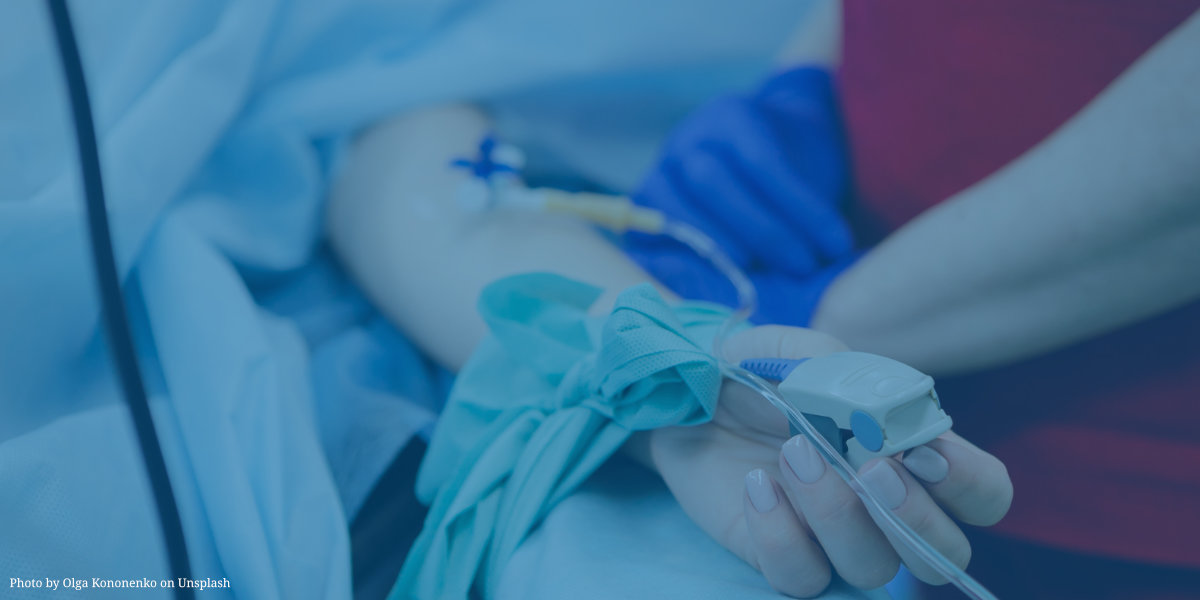What is an advance decision?
An advance decision is a document made by a person refusing consent to the giving or continuing of certain medical treatment. This statement is made whilst they have capacity, in anticipation of a time in the future when they no longer have capacity.
Advance decisions are also commonly referred to as an advance decision to refuse treatment, a living will or an advance directive.
Why make an advance decision?
If a healthcare professional is aware of that the advance decision exists, the advance decision is valid, and it applies in the current circumstances, they are bound to follow it even if they do not believe it is in the maker’s best interests. If a healthcare professional does not follow the advance decision in these circumstances, they could face a civil action or even a criminal prosecution.
Without using an advance decision, if a person has lost capacity it will be up to healthcare professionals to make decisions in what they believe is the person’s best interests.
Alternatively, a person may have made a Health and Welfare Lasting Power of Attorney (LPA), in such case the attorneys would make these decisions based on what they believe is in the donor’s best interests. A person making an advance decision can however refuse treatment even if it may not be seen in their best interests to do so.
An advance decision can be an alternative to a Health and Welfare LPA for a person who has specific medical treatment that they do not wish to receive but have no people that they want to name as attorneys.
Advance decisions are most commonly made by people diagnosed with a terminal or degenerative illness, or those with religious, spiritual or personal beliefs that are relevant to their medical treatment to refuse certain types of medical treatment.
What can’t be included in an advance decision
A person cannot insist that a particular treatment is provided. The legal effect of an advance decision is limited to a refusal of consent to treatment. Any statements requesting that a particular treatment is used could however be written as a non-binding wish.
Illegal acts, such as euthanasia, cannot be requested in an advance decision.
An advance decision cannot refuse basic care. These are actions needed to keep them comfortable, such as food and water by mouth, basic hygiene and providing warmth. Such acts are not seen as medical treatment and therefore cannot be refused. Artificial nutrition and hydration however can be refused, as these are seen as medical treatments.
An advance decision refusing treatment for a mental disorder can be overruled if that person’s treatment is regulated under the Mental Health Act 1983.
Photo by Olga Kononenko on Unsplash.


 © Trust Wills & Probate Limited t/a WillPack. All rights reserved.
© Trust Wills & Probate Limited t/a WillPack. All rights reserved.
You must be logged in to post a comment.